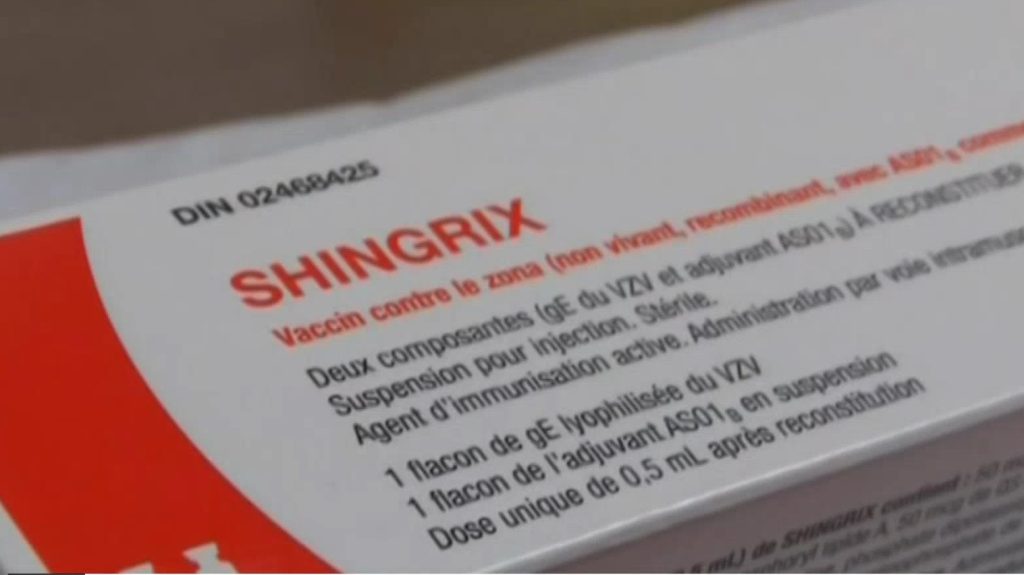Experts call on Manitoba to cover the costs of shingles vaccine

Posted June 4, 2024 6:45 pm.
The latest numbers show that one in two people over the age of 65 will experience the pain and burning of shingles in their lifetime.
But while provinces like Ontario and Alberta cover the cost for the virus vaccine, Manitobans are forced to pay out of pocket. Something experts say needs to change if the province is to better protect its residents from this completely preventable condition.
“In Manitoba, we have some big gaps in what is covered for vaccines, one of those gaps is the shingles vaccine,” said Laura Tamblyn Watts, the CEO of Can Age.
“Manitobans need to tell their elected officials covering vaccines has got to be job 1 in preserving our wellbeing and preserve our healthcare.”
In 2018 the National Advisory Committee on Immunization advised everyone 50 and older should be vaccinated by the virus, which presents as a painful rash and nerve pain.
But while several provinces have covered the vaccine, Manitobans are faced with paying $150 per dose of Shingrix.
“These days older Manitobans are having to make choices between heat, or cooling or eating, there is really no extra money to pay privately for a vaccine that should be publicly funded.”
Watts says while the cost of investing in a vaccination program would to high, the Manitoba government should prioritize those at the highest risk, similar to how health agencies combatted the COVID-19 pandemic.
“Let’s start with people 65-75 and get them vaccinated as a key priority right now, after that we can expand the program,” said Watts.
Tim Smith, pharmacy practice advisor of Pharmacists of Manitoba added, “I think I often encounter at my practice is people that do experience shingles, they often say ‘Man, I wish I got the vaccine’.”
Smith says even though the vaccine doesn’t require a prescription, currently pharmacists are prohibited from injecting any vaccines not prescripted by a doctor. An added barrier that in this case, he believes should also be done away with
“It’s extra administrative work for doctors and pharmacists, but it’s also an inconvenience for Manitobans seeking care.”








